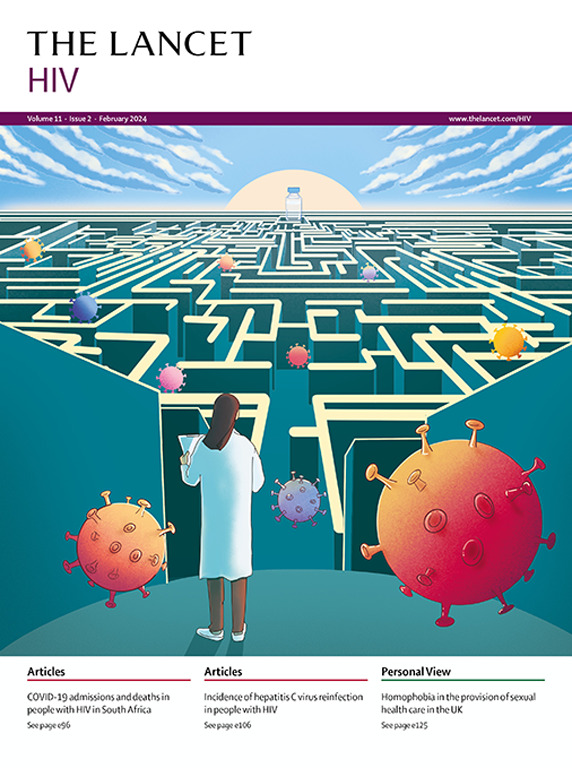Lessons for long-acting lenacapavir: catalysing equitable PrEP access in low-income and middle-income countries
IF 13
1区 医学
Q1 IMMUNOLOGY
引用次数: 0
Abstract
Despite substantial advances in biomedical HIV prevention, including long-acting injectable pre-exposure prophylaxis (PrEP) options such as cabotegravir, barriers to widespread adoption and scale-up persist in low-income and middle-income countries. Long-acting injectable lenacapavir is a potentially transformative HIV prevention tool, providing an unprecedented opportunity to accelerate progress. However, the global HIV response is under threat like never before, with drastic funding cuts undermining the gains of the past 25 years. The challenges of introducing and scaling up long-acting lenacapavir and other PrEP innovations are numerous. Without deliberate policy, programmatic, and financing interventions, new prevention technologies risk following slow adoption patterns of previous innovations, weakening a needed transformation of the HIV response. Drawing on lessons from the scale-up of antiretroviral therapy, and experience with previous biomedical prevention tools, a new ten-point framework should be adopted to accelerate individual and epidemiological impact—even at this time of extraordinary uncertainty.长效lenacapavir的经验教训:促进低收入和中等收入国家公平获取PrEP
尽管在艾滋病毒生物医学预防方面取得了重大进展,包括长效可注射暴露前预防(PrEP)方案,如卡波特韦,但在低收入和中等收入国家,广泛采用和扩大使用仍然存在障碍。长效可注射lenacapavir是一种潜在的变革性艾滋病毒预防工具,为加速进展提供了前所未有的机会。然而,全球艾滋病防治工作正面临前所未有的威胁,资金的大幅削减破坏了过去25年取得的成果。在引进和扩大长效lenacapavir和其他PrEP创新方面存在许多挑战。如果没有经过深思熟虑的政策、规划和融资干预措施,新的预防技术就有可能延续以往创新的缓慢采用模式,削弱艾滋病毒应对工作所需的转变。吸取扩大抗逆转录病毒治疗的教训,以及以往使用生物医学预防工具的经验,应当采用一个新的十点框架,以加速对个人和流行病学的影响——即使是在这个极不确定的时刻。
本文章由计算机程序翻译,如有差异,请以英文原文为准。
求助全文
约1分钟内获得全文
求助全文
来源期刊

Lancet Hiv
IMMUNOLOGYINFECTIOUS DISEASES&-INFECTIOUS DISEASES
CiteScore
19.90
自引率
4.30%
发文量
368
期刊介绍:
The Lancet HIV is an internationally trusted source of clinical, public health, and global health knowledge with an Impact Factor of 16.1. It is dedicated to publishing original research, evidence-based reviews, and insightful features that advocate for change in or illuminates HIV clinical practice. The journal aims to provide a holistic view of the pandemic, covering clinical, epidemiological, and operational disciplines. It publishes content on innovative treatments and the biological research behind them, novel methods of service delivery, and new approaches to confronting HIV/AIDS worldwide. The Lancet HIV publishes various types of content including articles, reviews, comments, correspondences, and viewpoints. It also publishes series that aim to shape and drive positive change in clinical practice and health policy in areas of need in HIV. The journal is indexed by several abstracting and indexing services, including Crossref, Embase, Essential Science Indicators, MEDLINE, PubMed, SCIE and Scopus.
 求助内容:
求助内容: 应助结果提醒方式:
应助结果提醒方式:


